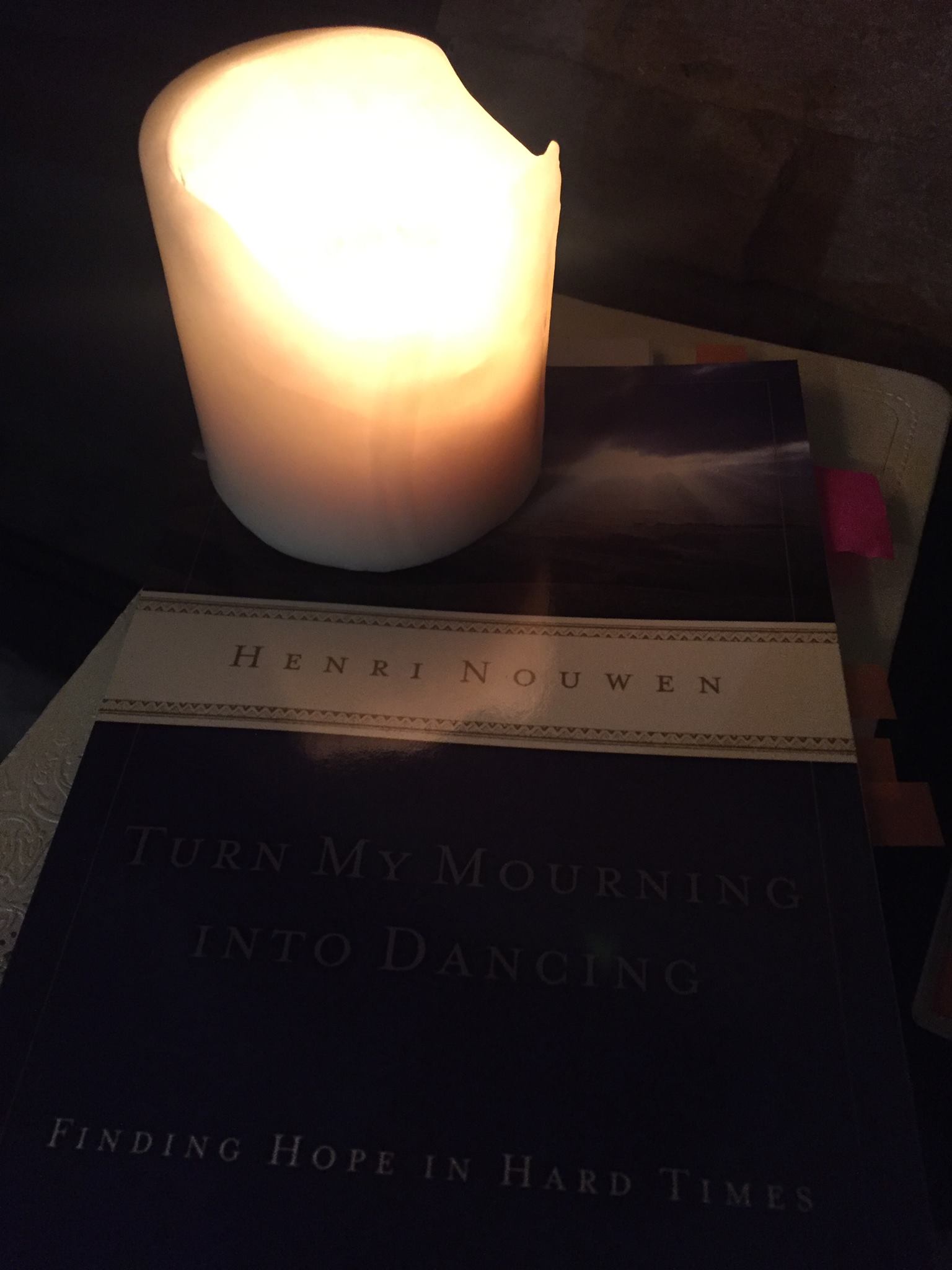The start of a new year can be a strange time for a grieving heart. It can stir the gamut of emotions including grief, dread, and longing, and maybe even their opposites of joy, hope, and gratitude. A new year means we are a year further from the time we spent with our child and a year closer to seeing them again.
So many people around us are setting their resolutions and intentions about seemingly trite and inconsequential things, while many grieving parents are still just trying to figure out how survive. For a while, the only resolutions we can muster are to find a way to get through another day.
We are told the loss of a child is something that you never recover from. You’re reminded frequently that you will never be the same. While those ideas are meant to help us understand that we have to find a new way of living and being in the world, sometimes they can push us into a state of helplessness and despair, thinking that it must mean we’ll be shattered and miserable forever.
We won’t ever be the same as we were before the loss, but we don’t have to be forever ruined either.
Healing is possible if we dare to make it our intention.
First, it’s important to recognize that healing after a loss this big is not a matter of recovery, but a process of integration.
Recovery is what happens after most broken bones. You take a time out and once the bone is healed it works as well as it ever did, and from then on, you usually forget that it was ever even broken. Integration, on the other hand, is more like healing after an amputation. It means there is permanent change. Being altered permanently creates the necessity to integrate the loss into a new way of being.
Viktor Frankl was a psychologist and a holocaust survivor. In his iconic book, Man’s Search for Meaning, he wrote:
“We who lived in concentration camps can remember the men who walked through the huts comforting others and giving away their last piece of bread. They may have been few in number, but they offer sufficient proof that everything can be taken from a man but one thing: the last of the human freedoms—to choose one’s attitude in any given set of circumstances, to choose one’s own way” He goes on to reflect, “the way they bore their suffering was a genuine inner achievement. It is this spiritual freedom—which cannot be taken away—that makes life meaningful and purposeful.”
We didn’t get to choose whether our children would live or not, but we do get to choose how we will live in their absence. It is essential to take some time to retreat to regain our bearings, but we can’t wait until we feel completely healed to go back to living—if we take that approach, we may never go back. Instead, like the concentration camp men giving away their last piece of bread, we have to find the little ways we can live and love and serve right in the midst of our deepest suffering. This is a powerful path back to a life that feels worth living.
In our grief and pain, we can choose to close in on ourselves, forever withdrawing from the world, and assuming a position of defeat, or we can set an intention to rise up. The rise won’t happen perfectly. It is a battle, and sometimes we’ll feel like we’re losing despite our best efforts.
Yet, with persistent attention to questions like, “What helps? What brings me moments of comfort and hope? What heals? What brings meaning and purpose to my pain? What can I be grateful for, even now?” and doing more of those things, we will keep inching along the path of healing. As we find our way back to a life that feels worth living, we become like the Boston marathoner who lost her leg in the bombing, and tapping into the powerful human spirit of resilience, set her intention to not let the tragedy steal her life and her joy. A little at a time she worked her way back to run the race again—this time on her prosthesis.
We may not be able to choose our emotions or the depth of our grief in any given moment, but we can choose the direction we will orient our movement. We can’t choose how long it takes to win any given battle with grief, but we can choose whether we’ll keep fighting for the life we want to live, or whether we’ll settle into our misery. We can turn with courage toward healing, or we can turn our backs on it.
Just like an amputee, who must first learn the most basic motions of movement in her new body, we too, must realize that the reconciliation with this new way of being will be slow, but by seeking healing, hope, and meaning then we position ourselves to become the hero of our story and the phoenix that rises from the ashes.
And that sounds like a New Year’s resolution worth making.













